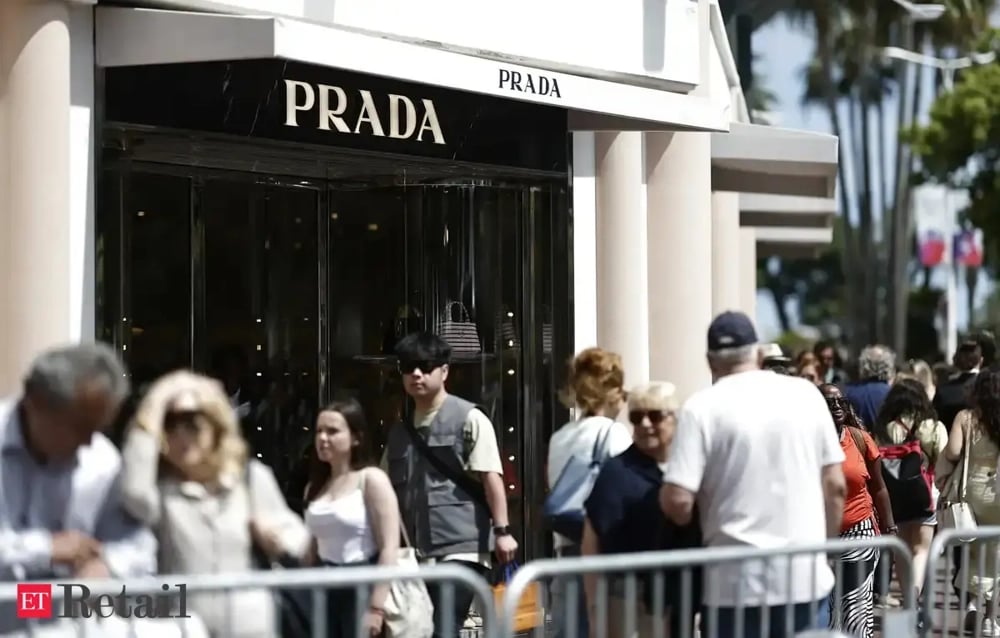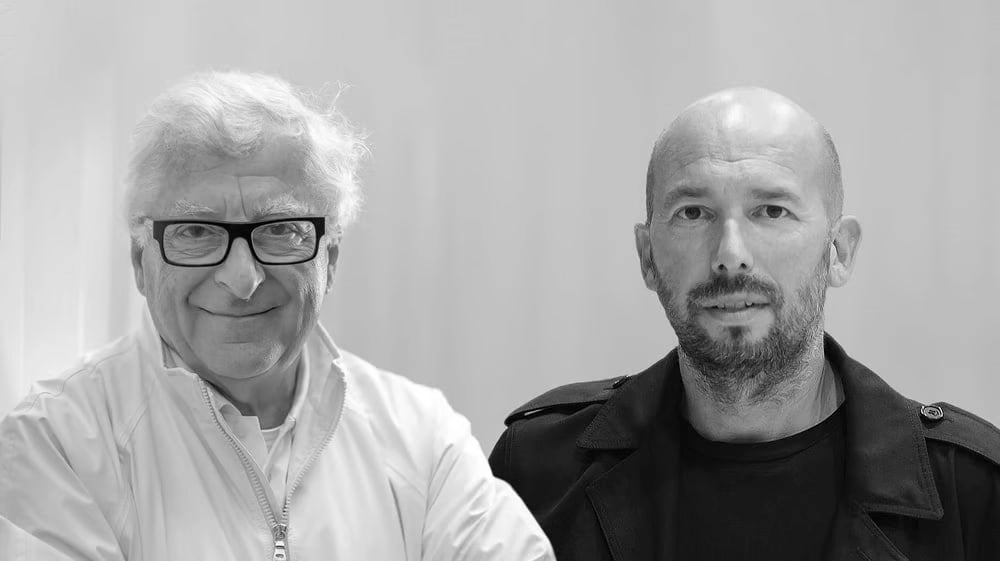Prada Invests in Leather Supply Chain with Stake in Rino Mastrotto
Prada $1913.HK has taken a major step toward reinforcing its production autonomy by acquiring a 10% stake in renowned Italian leather supplier Rino Mastrotto. This strategic investment aligns with Prada’s broader goal of vertical integration — giving the brand greater control over the quality, sourcing, and consistency of its premium leather materials.
Deal Structure and Strategic Objectives
As part of the agreement, Prada will transfer two of its leather tanneries to Rino Mastrotto, namely:
Conceria Superior (Italy)
Tannerie Limoges (France)
The transaction includes:
a 10% equity acquisition in Rino Mastrotto;
ownership transfer of leather facilities;
a cash investment (undisclosed amount).
This hybrid structure combining capital investment and operational assets aims to create a tightly aligned partnership — strengthening Prada’s access to high-end leather production capabilities.

Why Leather Matters: Strategic Control Over Key Supply Chains
According to Chairman Patrizio Bertelli, the deal highlights the significance of leather processing in luxury manufacturing. He emphasized that supply chain control — particularly over leather — is essential for sustaining product excellence in today’s competitive market.
Rather than chasing short-term gains, Prada’s decision reflects a long-term strategy focused on:
securing premium raw materials;
safeguarding manufacturing independence;
reducing reliance on external suppliers.
Key Benefits of Vertical Integration in Fashion
Increased supply chain resilience
Enhanced quality assurance
Improved logistics management
Alignment with sustainability goals
Greater brand authenticity

A Broader Industry Movement
Prada is not alone. The luxury fashion industry is witnessing a shift toward in-house production and sourcing control, as brands aim to protect craftsmanship, reduce lead times, and differentiate themselves in a saturated market.
The Rino Mastrotto partnership builds on Prada’s prior integration efforts in footwear and textile sectors, now extended to leather — a material central to the brand’s identity.
Implications for the Italian Leather Sector
Though financial details remain confidential, this collaboration may reshape the dynamics of Italy’s luxury leather industry. Consolidation and strategic partnerships like this one are likely to inspire similar moves from other heritage fashion houses seeking consistency, exclusivity, and operational stability.

Conclusion: A Move Toward Sustainable Excellence
By acquiring a stake in Rino Mastrotto and transferring tanneries, Prada reinforces its position as a leader in strategic luxury supply chain management. This investment not only ensures consistent material quality but also demonstrates a commitment to operational independence and sustainable production leadership in the global fashion industry.















Comments